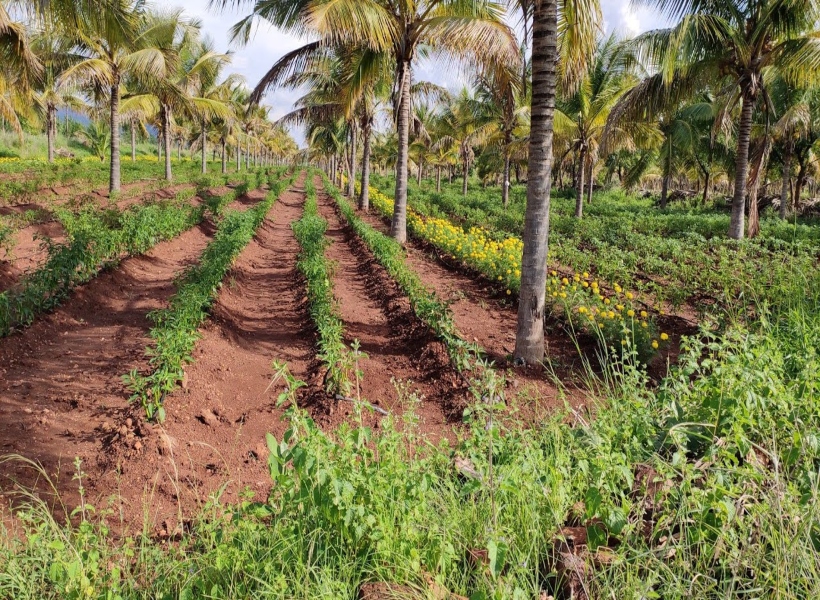In an effort to advance Guyana’s food security agenda, the Ministry of Agriculture has teamed up with the Guyana Lands and Surveys Commission (GLSC) to identify lands that are suitable for cultivation nationwide.
Speaking to the initiative, Agriculture Minister, Zulfikar Mustapha said the current land mapping exercise is in keeping with the PPP/C Administration’s motive to provide adequate cultivation space for agriculturists to advance production for export and domestic use. He said the mapping exercise will be completed before the end of the first quarter.
The minister said this will be followed by the commencement of infrastructural development such as the relevant land upgrades.
Mustapha also recalled his ministry’s plans to construct a dairy plant in the community of Maratraite, as a means to conceptualize large scale farming across the East Bank of Berbice. The venture will provide farmers with the opportunity to build their capacity, specifically in cattle rearing. He said too that the ministry is open to private funding for the project.
As a complement to the foregoing initiative to advance agricultural production, the ministry was pleased to report today that the United Nations Food and Agriculture Organization (FAO) also did its part to support Guyana’s efforts as it hosted a handing over ceremony for agricultural and livestock inputs. It was conducted via a special project called: “Emergency Response and Early Recovery Support to Smallholder Farmers Affected by the 2021 Floods in Guyana and Suriname”.
Guyana Standard understands that agricultural inputs such as livestock medications, seeds, planting materials, fertilizers worth USD $136,000 were handed over to the Ministry of Agriculture and will be distributed to smallholder farmers who were affected by the detrimental floods last year.
Minister Mustapha disclosed that in addition to the inputs, farmers and technical officers also stand to benefit from a series of training exercises valued at USD $29,000.
These agricultural inputs as well as capacity building exercises, he added, will continue for two years and will contribute greatly to reducing the vulnerability of farming communities which will soon have more access to suitable lands to advance their trade.













